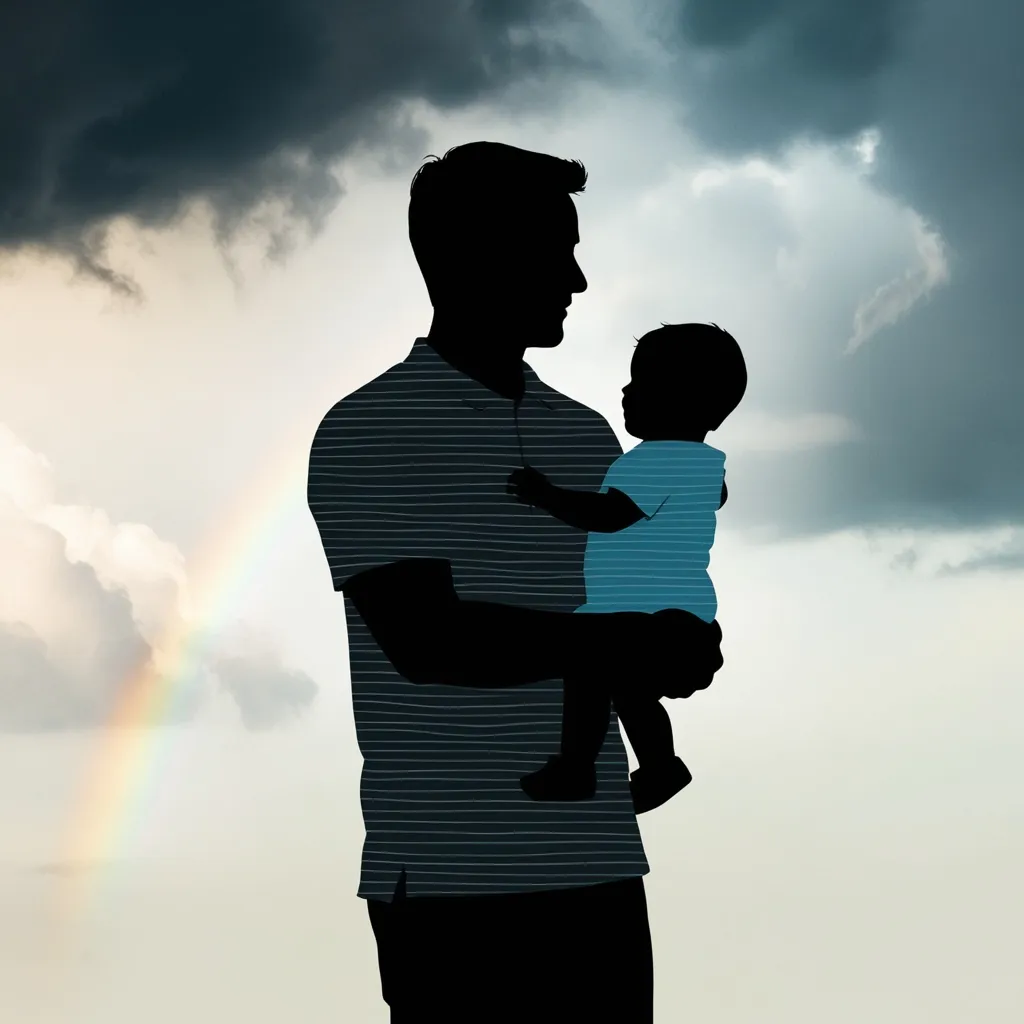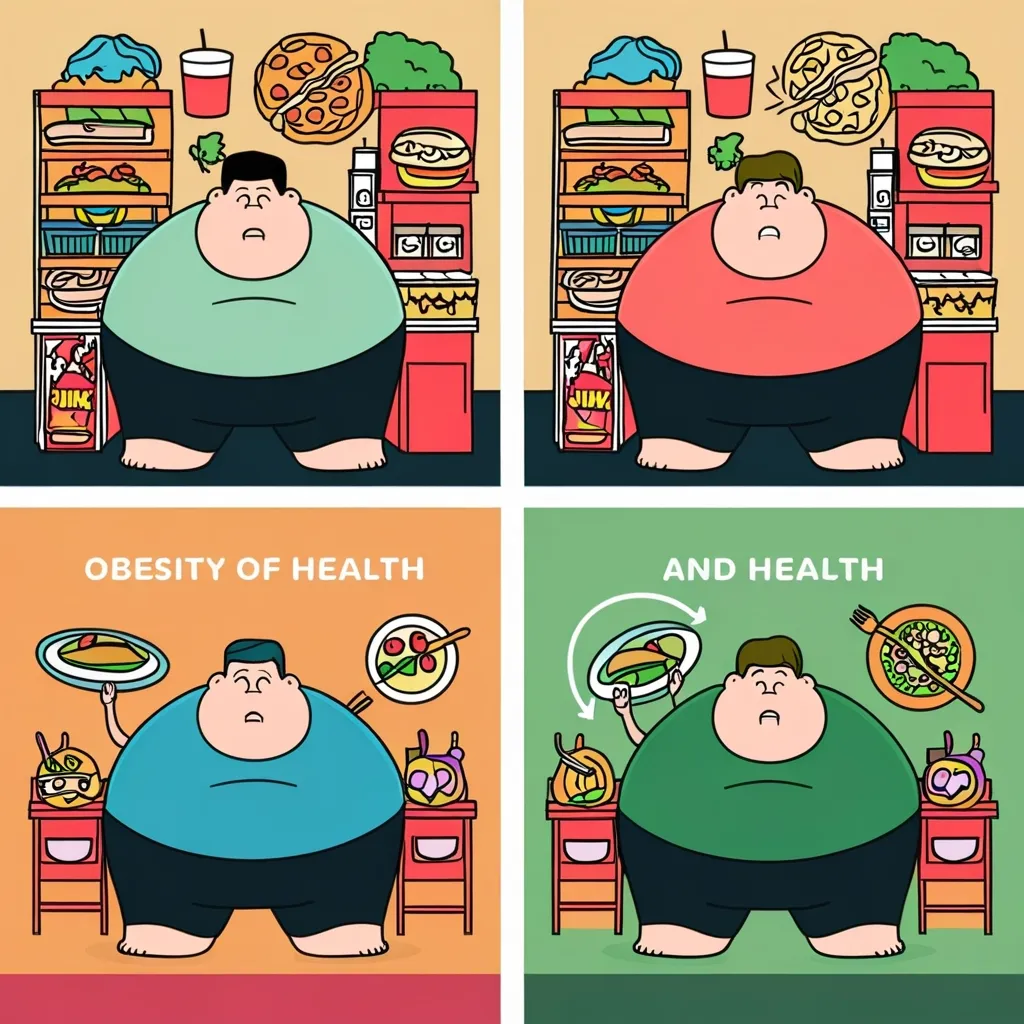Postpartum Depression in Men: The Hidden Struggle of New Fathers
We often hear about postpartum depression in new moms, but did you know that dads can experience it too? It’s true! Postpartum depression in men, also called paternal postpartum depression (PPPD) or paternal postnatal depression (PPND), is a real thing that affects more fathers than you might think.
Let’s dive into this often-overlooked issue and shed some light on what new dads might be going through.
The Surprising Numbers
You might be shocked to learn that about 10% to 12% of new dads experience postpartum depression. Some studies even suggest that up to 25% of fathers show mild depressive symptoms in the first year after their baby is born. That’s a lot of dads! It’s actually twice the rate of depression in men who aren’t new fathers.
Interestingly, first-time dads seem to be more likely to experience this than those who’ve been through the baby rodeo before. It’s like they’re hit with a double whammy of new responsibilities and emotions.
Why Don’t We Hear About This More Often?
Good question! One of the main reasons is that it’s often mistaken for the usual stress of having a new baby. I mean, who isn’t stressed when they’re sleep-deprived and figuring out how to keep a tiny human alive, right?
The tricky part is that symptoms usually pop up between three to six months after the baby is born. By that time, most new parents are already feeling overwhelmed, so it’s easy for these feelings to slip under the radar.
Plus, let’s be honest, guys often feel guilty about struggling emotionally when their partners have just gone through the physical and emotional rollercoaster of pregnancy and childbirth. It’s like they think they don’t have the right to feel down.
It’s Not Just in Their Heads
Here’s something interesting – new dads actually go through hormonal changes too! Yep, you read that right. Just like new moms, dads experience shifts in hormones like testosterone, estrogen, cortisol, vasopressin, and prolactin.
Research shows that fathers’ testosterone levels actually drop during and after their partner’s pregnancy. This dip can contribute to those depressive feelings. So, it’s not just all in their heads – there’s a real biological component at play here.
What Puts Dads at Risk?
Several factors can increase the chances of a new dad developing postpartum depression. If mom is experiencing depression, dad is more likely to experience it too. In fact, up to half of the men with depressed partners may end up feeling depressed themselves. It’s like emotional dominoes.
Other risk factors include being under 25, having a history of depression or anxiety, financial stress, and lack of support from their partner or social circle. And let’s not forget about sleep deprivation – the ultimate mood killer for all new parents.
Having a particularly fussy baby, relationship problems, recent loss or trauma, and feeling isolated in their new role as a parent can all contribute to the development of postpartum depression in men.
It Looks Different in Dads
Here’s where it gets interesting. Postpartum depression in men often looks different from what we typically associate with depression in women. While women might be more likely to cry or show outward signs of sadness, men often express their depression through irritability, frustration, anger, and withdrawal.
They might start to pull away from family life and social situations. Some guys experience physical symptoms like headaches, muscle aches, and digestive issues. Others might become more impulsive or engage in risky behaviors, including substance abuse.
Some dads throw themselves into work, while others lose all motivation. And in severe cases, there might be thoughts of suicide or difficulty concentrating. These symptoms can be subtle, which is why they’re often overlooked or misunderstood.
The Ripple Effect
Postpartum depression in dads doesn’t just affect them – it impacts the whole family. It can lead to problems in the marriage, less engagement with the baby, and even negative parenting behaviors. A depressed dad might be harsher with discipline or show less affection and involvement with their child.
The effects on the kids are significant too. Children of fathers with postpartum depression are more likely to have emotional, social, and behavioral problems. They might experience developmental delays and higher levels of distress. And when both parents are struggling with mental health issues, the impact on the child is even more pronounced.
Time to Take Action
Given how much postpartum depression can affect families, it’s crucial that we start screening for it in both moms and dads. Some healthcare providers are beginning to include fathers in postpartum depression screenings during well-child visits, which is a step in the right direction.
If you’re a new dad and you think you might be experiencing postpartum depression, or if you’re noticing these symptoms in your partner, it’s important to seek help. Talk to your doctor or a mental health professional. Remember, asking for help is a sign of strength, not weakness.
Treatment options for men with postpartum depression are similar to those for women. They include psychotherapy, antidepressant medications, and support groups. Some guys find relief through self-help practices like regular exercise, healthy eating, getting enough sleep, meditating, journaling, or practicing yoga or mindfulness.
Breaking Down the Walls
One of the biggest hurdles in addressing postpartum depression in men is the stigma surrounding mental health issues in guys. Many men feel ashamed or confused by their symptoms and might try to hide their feelings to avoid burdening their partner.
But here’s the thing – postpartum depression is common and treatable. It’s not a character flaw or a sign of weakness. It’s a real medical condition that deserves attention and care.
We need to create an environment where men feel comfortable talking about their feelings. Support groups specifically for new dads or couples can be incredibly helpful. They provide a safe space for guys to share their experiences and learn healthy ways to cope with their emotions.
It Takes a Village
Financial stress is a big risk factor for postpartum depression in men. Ensuring that new fathers have access to financial support, like parental leave, can help alleviate some of this pressure. Employers and policymakers have a role to play here in providing these benefits.
But it’s not just about money. Practical support matters too. Having family and friends pitch in with household chores, childcare, and emotional support can make a world of difference. It’s about creating a network that recognizes the challenges of new parenthood for both parents.
The Big Picture
Postpartum depression in men is a serious issue that affects not just the individual but the entire family. By understanding the risk factors, symptoms, and impact of this condition, we can work towards providing better support and treatment options.
Breaking the stigma and encouraging open communication are key steps in helping new fathers navigate this challenging period. It’s about recognizing that becoming a parent is a massive life change that requires support and understanding for both moms and dads.
By addressing postpartum depression in men, we’re not just helping individual fathers – we’re supporting healthier families and better outcomes for everyone involved. It’s time to bring this hidden struggle into the light and give new dads the support they need and deserve.
Remember, if you’re a new dad struggling with these feelings, you’re not alone. Reach out, talk to someone, and get the help you need. Your mental health matters, not just for you, but for your whole family. You’ve got this, dad!






